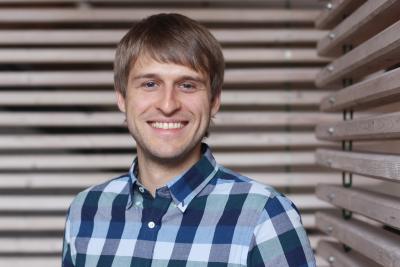Research interests
- social influence & affiliation processes
- social perception of groups
- social networks, & norms
Professional experience
| since 2016 | Research scientist, Social Psychology and Decision Sciences, University of Konstanz, Germany Prof. Dr. Wofgang Gaissmaier Projects involved: RiskDynamics (longitudinal social network and proliferation of risk information) |
| 2012-2016 | Researcher, Psychological Assessment and Health Psychology, University of Konstanz, Germany Prof. Dr. Britta Renner Projects involved: SozNet (longitudinal social network assessment, health behavior, peer perception, social influence in networks), SmartAct (ambulatory assessment of eating, mobile interventions), TEMPEST (self regulation, eating behavior, adolescents, cross-cultural, large international survey), EatMotive (motives of normal eating, longitudinal regional studies) |
| 2008–2012 | Student assistant, Psychological Assessment and Health Psychology, University of Konstanz, Germany Prof. Dr. Britta Renner |
Education
| 2007-2012 | Diploma in psychology (Dipl.-Psych.; final mark: 1.1) University of Konstanz, Germany Thesis title: Implicit and explicit measures of weight-bias Supervisors: Prof. Dr. Harald Schupp, Prof. Dr. Britta Renner |
Awards and Achievements
| 09/2015 | 29th Conference of the European Health Psychology Society Poster Award |

